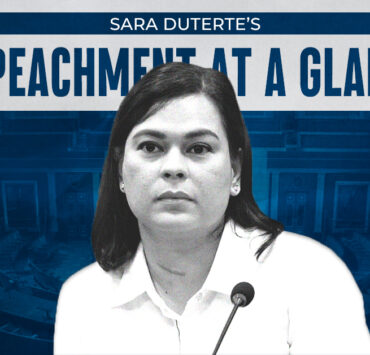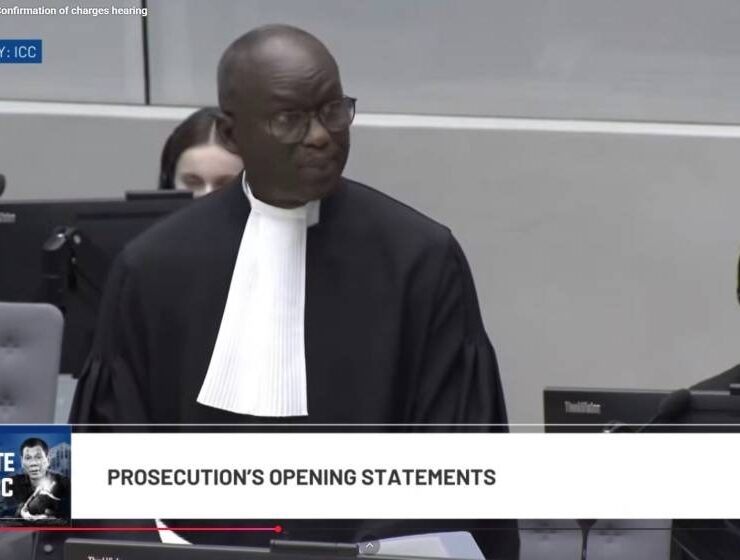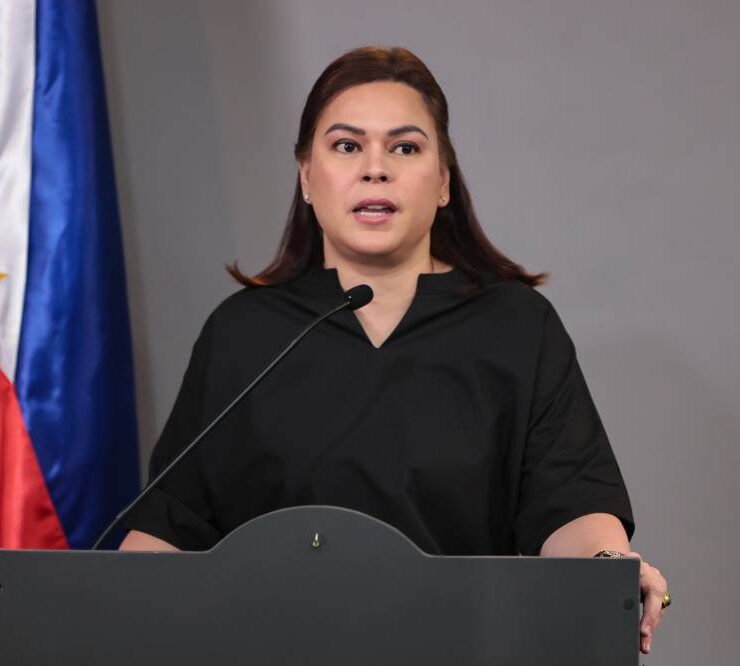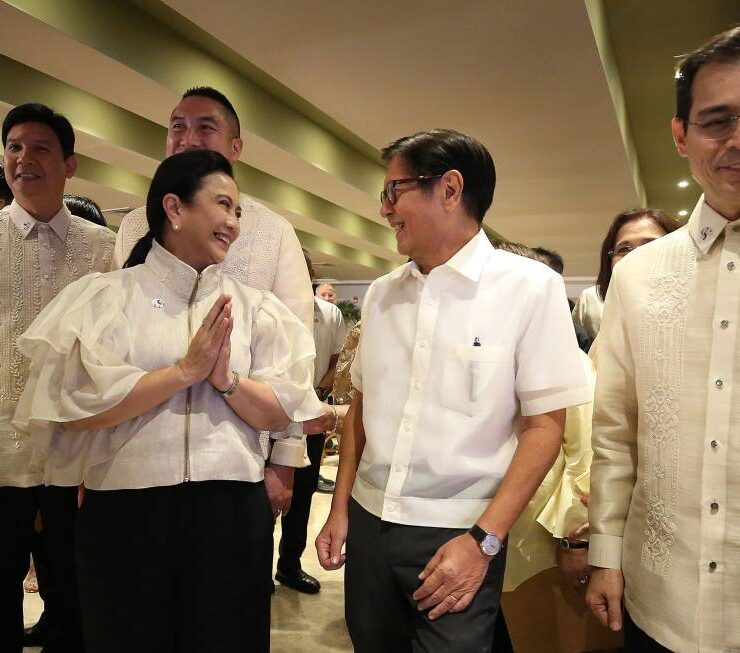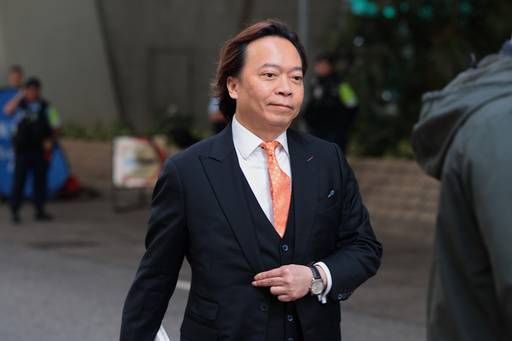SC: Impeach raps broke 1-yr ban; no due process
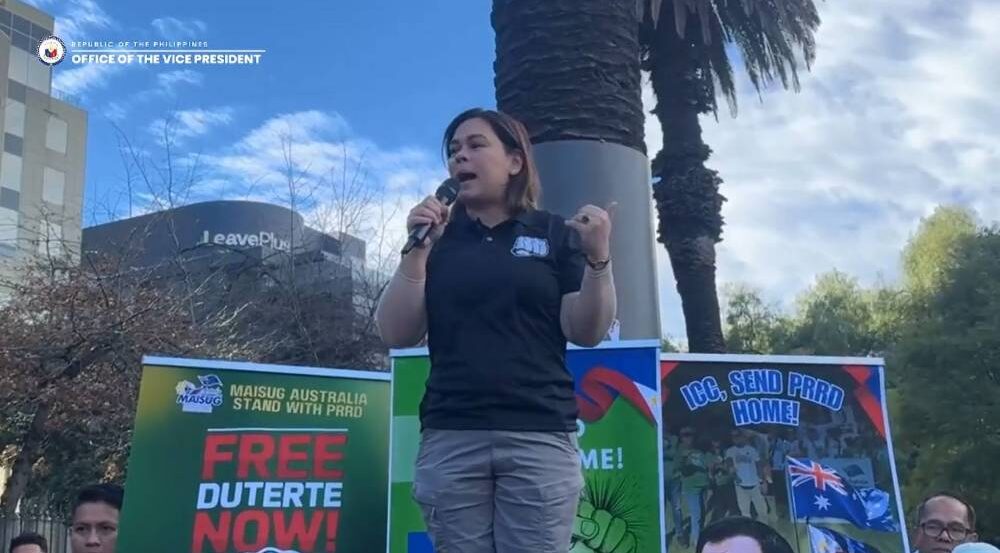
The Supreme Court on Friday ruled that the impeachment of Vice President Sara Duterte was unconstitutional for violating both the one-year bar to the filing of more than one complaint against an impeachable official and the right to due process.
The decision on two separate petitions questioning the constitutionality of the impeachment, including one from Duterte herself, scraps the planned trial of the Vice President by the Senate sitting as the impeachment court.
“There is a right way to do the right thing at the right time. This is what the Rule of Just Law means. This is what fairness or due process of law means, even for impeachment,” said the decision authored by Senior Associate Justice Marvic Leonen.
13 justices agree
The court laid down a 7-point rule to ensure that the rights of an official who may be impeached are protected and that all congressmen were aware of the charges.
All 13 justices present on Friday voted to declare that the Articles of Impeachment against Duterte were unconstitutional, court spokesperson Camille Ting said.
“The Supreme Court has ruled that the House impeachment complaint versus Vice President is barred by the one-year rule and that due process or fairness applies during all stages of the impeachment,” she said.
As a result, the Senate “could not acquire jurisdiction” over the impeachment proceedings, Ting said.
“Our ruling does not absolve petitioner Duterte from any of the charges,” the court said. “Any ruling on the charges against her can only be accomplished through another impeachment process, followed by a trial and conviction by the Senate.”
In its decision, the Court “differentiated” the first three complaints filed last December from the fourth complaint, which formed the Articles of Impeachment transmitted to the Senate on Feb. 5.
It said that the first three were filed under Article XI, Section 3(2) of the Constitution which allows any citizen to file a verified complaint and endorsed by any House member. The fourth complaint was filed under Section 3 (4) of the Constitution through a resolution by at least one-third of the House.
Not until Feb. 6, 2026
But the court said the first three complaints were deemed terminated and archived on Feb. 5, the same day that the fourth complaint was passed by the House. That was the reckoning day for the one-year bar, according to the court.
“Therefore,” the court said, “no new impeachment complaint, if any, may be commenced earlier than February 6, 2026.”
The court reminded the House that it should immediately put an impeachment complaint in the Order of Business within 10 session days from its endorsement.
In response to this matter, the House had told the court that it did, adding that according to its rules, a session day sometimes exceeds a calendar day, depending on when the session is adjourned.
Guidelines
“The Constitution does not grant either the Secretary General or the Speaker of the House any discretion to determine when this period commences,” the court said.
A significant portion of the decision focused on the application of due process to impeachment proceedings.
The Supreme Court laid down the following guidelines to ensure fairness:
1. The Articles of Impeachment and supporting evidence must be included when shared with House members.
2. Evidence must be sufficient to prove the charges.
3. The Articles and evidence must be available to all House members.
4. The respondent, or the official to be impeached, must be given a chance to be heard on the charges and evidence before the articles of impeachment are sent to the Senate, even with numerous endorsements.
5. The House must be given reasonable time for independent deliberation.
6. The impeachable acts committed by officials during their current terms must be “sufficiently grave.”
7. The House must provide the respondent with a copy of the Articles and evidence for a reasonable response period, and make these, along with the respondent’s comment, available to all House members to facilitate deliberation before the one-third vote for transmittal.
“It is not our duty to favor any political result,” the court said. “Ours is to ensure that politics are framed within the Rule of Just Law.”
Lessons from the past
“We cannot concede the sobriety of fairness inherent in due process of law to the passions of a political moment. Our fundamental law is clear: The end does not justify the means,” it added.
The tribunal said lessons from the past showed that prioritizing “momentary desires to do what is convenient” and political gain had undermined the rule of law for dissenters, people on “society’s margins” or those who had “fallen out of grace from the powers that be.”
“We have learned that the clash of political interests in the past, often disguised by noble intentions, has obscured the need to address the real problems of corruption, inequality, poverty, and disempowerment faced by our people,” it said. “We will not allow that to happen again. We will not hesitate to declare what is legal, just, and right for our people.”
Ting said the Supreme court’s ruling was immediately executory.
The 12 other justices who backed Leonen’s arguments were Chief Justice Alexander Gesmundo, Ramon Paul Hernando, Amy Lazaro-Javier, Henri Jean Paul Inting, Rodil Zalameda, Samuel Gaerlan, Ricardo Rosario, Jhosep Lopez, Japar Dimaampao, Jose Midas Marquez, Antonio Kho Jr., and Raul Villanueva.
Two members of the court did not vote. Justice Alfredo Benjamin Caguioa inhibited from the case because he is related to a counsel for one of the parties while Justice Filomena Singh was on-leave.














